July 2023
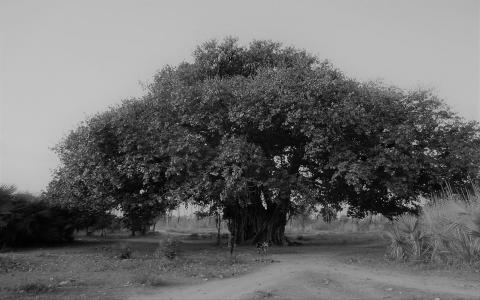
Prologue
The upaniṣads occur at the end of each of the vedas. Hence they are known as the vedānta. Or they are the conclusion or the ultimate truth. It is firmly believed by us that the vedas and the upaniṣads are not the product of human mind but they are of superhuman or divine origin (apauruṣeya). They have not been composed by any of the ṛṣis like kaśyapa. The ṛṣis are not the kartāras (loosely composers) but the draṣṭāras (loosely the...

Speech delivered by S R Ramaswamy during the launch of four books published by Prekshaa Pratishtana: Kṣāttra: The Tradition of Valour in India, Nayana-Savana, Some Protagonists of Sacred Traditions and Chandoviveka, on 22.7.2023 at Gokhale Institute of Public Affairs, Bengaluru.
~
Namaskāra. My heartiest greetings to all of you and to the vast number of friends who are participating in this event online. I am immensely pleased and honoured to be...
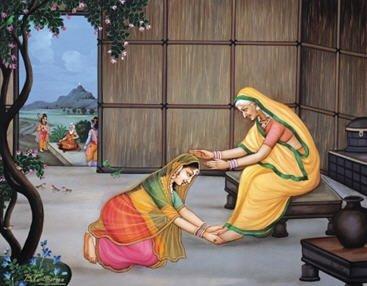
Rāma, Sītā, and Lakṣmaṇa walked ahead and reached Sage Atri’s āśrama. Rāma prostrated before him and the sage received him like a son. He personally provided hospitality to Rāma and cheered up Sītā and Lakṣmaṇa. His wife, the aged and noble Anasūyā received Sītā. Atri narrated to Rāma about his dhārmic wife: “Once when the world was ravaged by severe drought for ten years, Anasūyā created roots and fruits and made the river Jāhnavī flow out of...
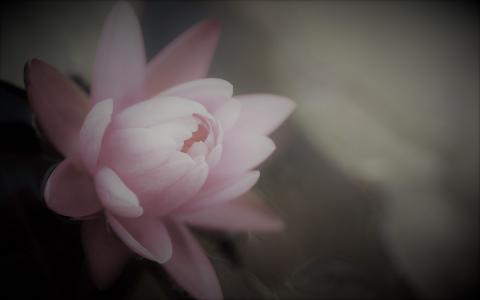
265. Sopānārohaṇa-nyāya
Climb the stairs one by one to reach the top. It's impossible to jump from one floor to the next. It is dangerous too. Likewise any accomplishment must be done in a step by step manner. That is what this nyāya says.
266. Sthālīpulāka-nyāya
Pulāka means grains of boiled rice. Everyone knows how to check if the rice is cooked. Just pick a few grains and squish them. If that is cooked, then so is the rest. Otherwise all the...
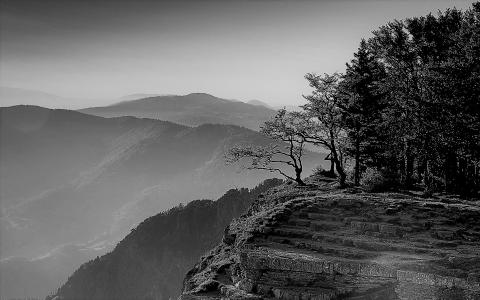
In the Rāmāyaṇa, after Daśaratha left to the heavenly abode, when Bharata begged Rāma to return to Ayodhyā and become the king, Srirāma says the following -
yathā kāṣṭhaṃ ca kāṣṭhaṃ ca sameyātāṃ mahārṇave ।
sametya ca vyapeyātāṃ kālamāsādya kañcana ॥
evaṃ bhāryāśca putrāśca jñātayaśca dhanāni ca ॥
(2.105.26, 27)
Srīrāma’s opinion is — “Just as two logs coming from different places travel together for some time and then disperse in a vast...
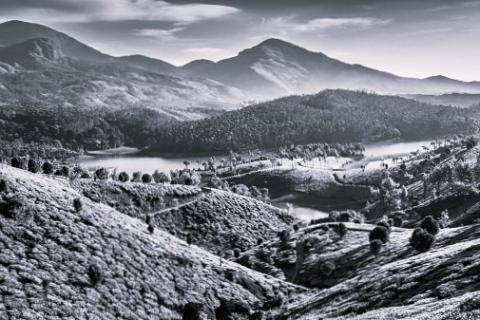
{ವಂಶಸ್ಥ} ವಂಶಸ್ಥದ ಛಂದೋವಿನ್ಯಾಸವನ್ನು ಗಮನಿಸಿದಾಗ ನಾಲ್ಕು ಗಣಗಳನ್ನುಳ್ಳ ಇದರ ಮೊದಲ ಹಾಗೂ ಕಡೆಯ ಗಣಗಳು ಪ್ರತೀಪರೂಪದವೆಂದು ತಿಳಿಯುತ್ತದೆ. ಅಂದರೆ, ಮೊದಲಿಗೆ ಎರಡು ಲಘುಗಳ ನಡುವಣ ಗುರುವೊಂದನ್ನುಳ್ಳ ಜ-ಗಣ ಬಂದಿದ್ದರೆ ಕಡೆಗೆ ಎರಡು ಗುರುಗಳ ನಡುವಣ ಲಘುವೊಂದನ್ನುಳ್ಳ ರ-ಗಣವಿದೆ:
[u – u] – – u u – u [– u –]
ಈ ಎರಡು ಗಣಗಳಲ್ಲಿ ಎದ್ದುಕಾಣುವ ತರಂಗಿತತೆ ಇರುವುದು ಶ್ರೋತೃವೇದ್ಯ. ಇವುಗಳ ಸ್ಥಾನಗಳನ್ನುಳಿದು ಮಿಕ್ಕಂತೆ ವಂಶಸ್ಥದಲ್ಲಿ ಪ್ರಬಲವಾದ ನತೋನ್ನತ ಗತಿ ಕೇಳಿಬರುವುದಿಲ್ಲ. ಈ ವೃತ್ತದ ಯತಿಸ್ಥಾನ ಮೊದಲ ಐದು ಅಕ್ಷರಗಳ ಬಳಿಕ ಬರುವ ಕಾರಣ...
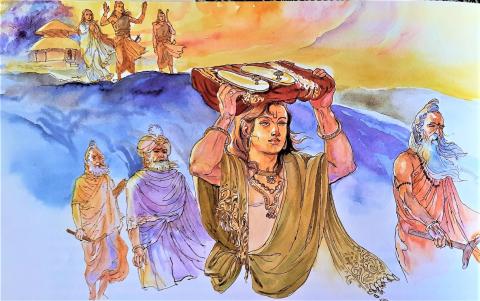
With the wives of Daśaratha before him, Sage Vasiṣṭha set out to the spot where Rāma was. Kausalyā saw the bathing place of Rāma and was overcome by sorrow. They even saw the piṇḍa made of iṅgudī that Rāma had offered to his father and lamented at his fate. They then spotted the brothers.
Rāma, Sītā, and Lakṣmaṇa fell at their mothers’ feet. Kausalyā embraced Sītā just as a mother would embrace her daughter. She cried, “How is it possible that...

257. Simhāvalokana-nyāya
A lion would pause for a while when going around, observing what is happening on its rear and then proceed further. That is its nature. Perhaps there is some doubt that another lion might be waiting to take away its prey which it has already killed.
In treatises when the argument of the opponent is refuted, a summary of the opponent's argument is provided. This nyāya finds its use in such situations. Even in our day to...

All the above are sāttvika qualities. “Abhijāta” means one who is born after performing puṇya. Such a person is blessed with daivī qualities. Whoever thinks he is born in a good family and acts accordingly — one who has earned the qualification to worship the Divine — he will be blessed with the wealth of these above qualities. It releases the jīva from bondage. All this is divine wealth.
The qualities opposite to the above are āsurī qualities...

248. Śvaśrūnirgacchokti-nyāya
The mother-in-law is the one at the helm is the import. A beggar doing his daily round of begging came to a house. The daughter-in-law of the house came out and said, ‘No alms for you, go away’ The beggar, crestfallen, left. Meanwhile the mother-in-law came out and chided the daughter-in-law, ‘Why did you send him away?’ She called the beggar back. The beggar’s optimism grew and he came back. The woman then said, ‘...
